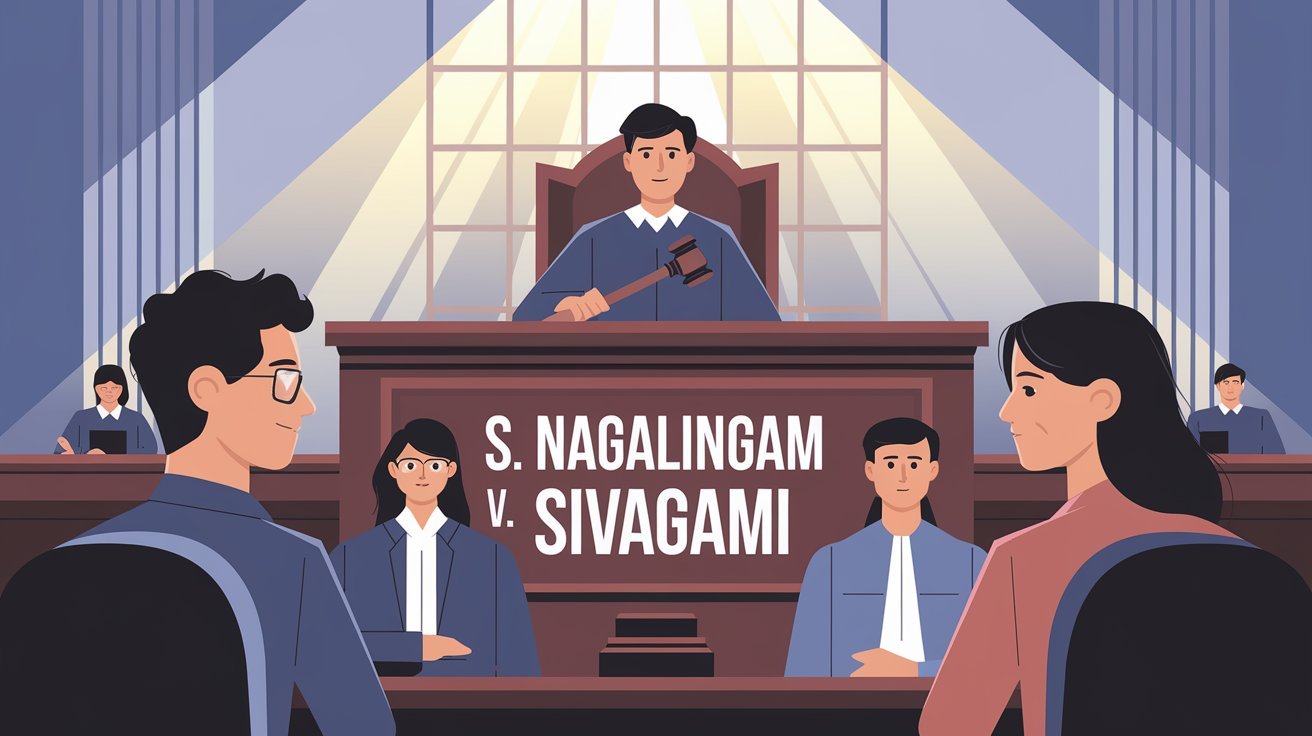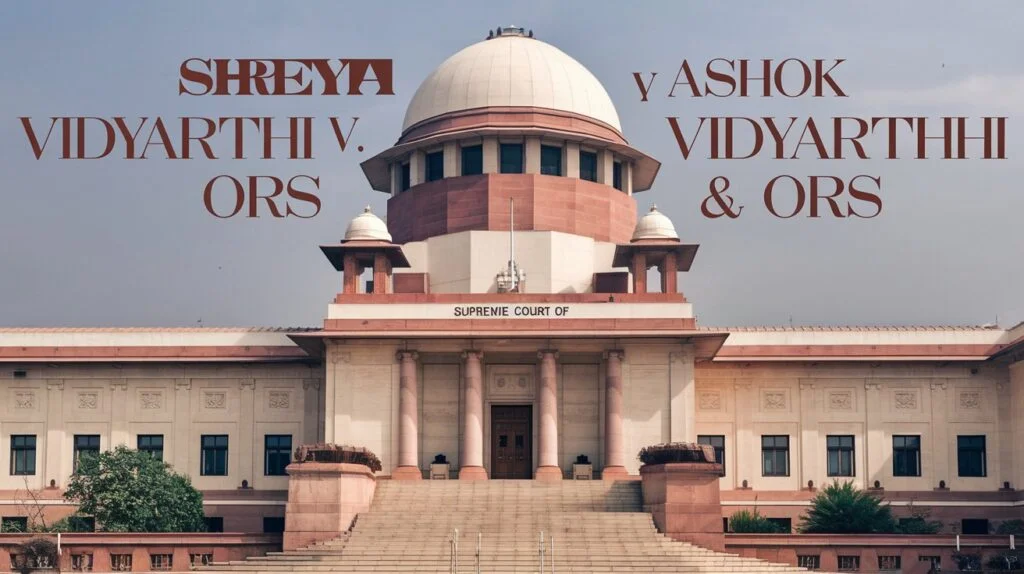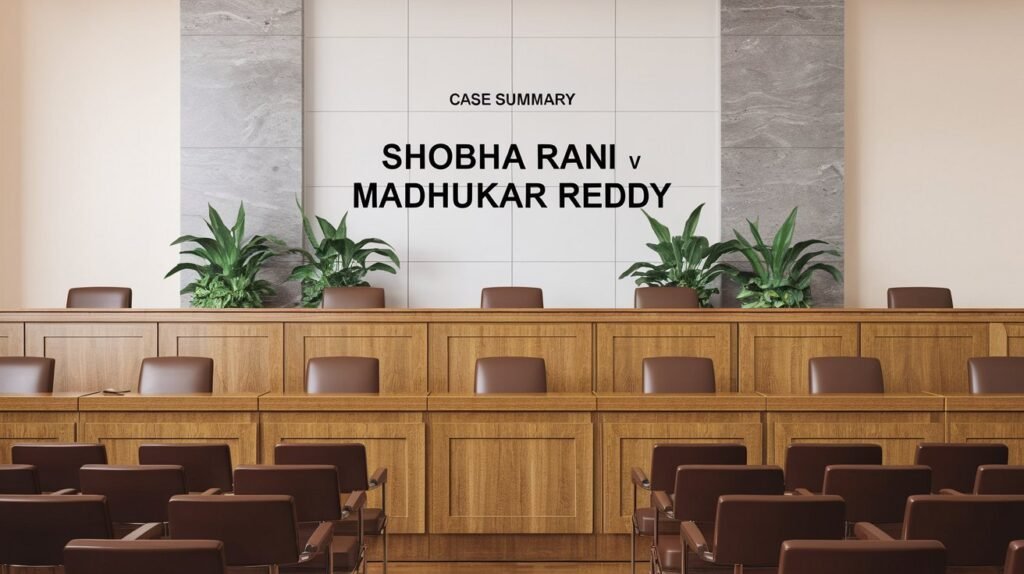S. Nagalingam v. Sivagami AIR 2001 SC 3567 (Case Summary)

In this case the Supreme Court dealt with the issue of bigamy under Section 494 IPC (Now Section 82 of Bhartiya Nyaya Sanhita (BNS)). The Supreme Court addressed whether the Appellant’s second marriage was valid under Hindu law, which would constitute an offence of bigamy during the subsistence of his first marriage.
Table of Contents
ToggleFacts of S. Nagalingam v Sivagami
- S. Nagalingam married Sivagami in 1970, and they had three children.
- Sivagami accused Nagalingam of mistreating her, and as a result, she left the marital home.
- Sivagami later discovered that Nagalingam had married another woman, Kasturi, in 1984 while their first marriage was still subsisting.
- A criminal complaint was filed against Nagalingam under Section 494 IPC for committing bigamy.
Issues framed
- Whether the second marriage between Nagalingam and Kasturi was valid under Hindu law?
- Whether the non-performance of the ceremony of “Saptapadi” invalidated the second marriage, thus affecting the charge of bigamy?
Subordinate Court Judgment
The trial court had acquitted S. Nagalingam of the charge of bigamy under Section 494 of the Indian Penal Code (IPC). The court reasoned that the essential ceremony of “Saptapadi” (taking seven steps around the sacred fire) was not performed during the second marriage, which is a necessary rite for a valid Hindu marriage. On appeal, the High Court of Madras reversed the trial court’s decision and convicted S. Nagalingam under Section 494 IPC. The High Court ruled that under Section 7-A of the Hindu Marriage Act, 1955, as amended by Tamil Nadu law, “Saptapadi” was not a required ceremony for a valid marriage. The State Amendment allows for a simplified form of marriage without the need for elaborate rites like “Saptapadi.” The High Court found that Nagalingam’s second marriage with Kasturi was valid under the amended law, thereby convicting him of bigamy. The appellant (Husband) then appealed in the Supreme Court.
Judgment of Nagalingam v Sivagami
The Supreme Court examined the provisions of Section 494 of the IPC in conjunction with the Hindu Marriage Act, 1955. Specifically, the case involved the interpretation of the validity of a second marriage based on the performance of essential ceremonies, including “Saptapadi” (the seven steps before the sacred fire).
The Supreme Court ruled that the marriage between Nagalingam and Kasturi was valid under Tamil Nadu’s special provision in Section 7-A of the Hindu Marriage Act, 1955, which allows for simpler marriage ceremonies without the need for the “Saptapadi.” As such, the second marriage was valid despite not following the traditional rites.
The Supreme Court upheld the conviction of Nagalingam under Section 494 IPC, confirming that he had committed bigamy during the subsistence of his first marriage to Sivagami. The appeal was dismissed, and the Court reaffirmed that the second marriage was valid under the applicable law, convicting Nagalingam.





